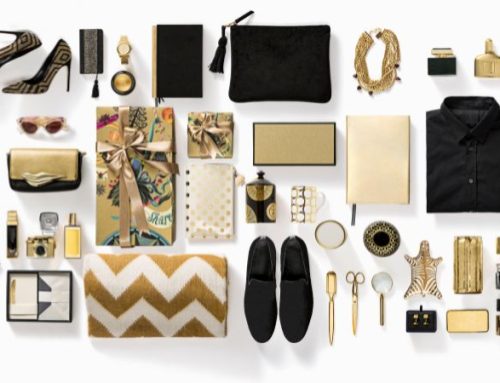Soft Skills Style Secrets: Queen Elizabeth II
On the 21st April 1926, our Queen, Elizabeth II was born. To celebrate Her Majesty’s 90th birthday, we look at The Queen’s soft skills style secrets.
Elizabeth II acceded to the throne in 1952 aged 25 as Winston Churchill was enjoying his second term as PM. When we think about how Britain and its culture has changed since the days of Churchill, post WW2, the resilience and adaptability of Queen Elizabeth is actually rather astounding; from Her Majesty’s first live Christmas broadcast in 1957 to her first tweet in 2014. In this, our new series looking at the soft skills style secrets of some of the world’s most iconic figures, we look at what Her Majesty’s wealth of experience in the public eye can teach us.
Diplomacy. In her 64 year reign, The Queen has received 12 different PM’s from Churchill to Cameron, 12 US presidents, and 7 popes. Would you not expect that, were you in a similar position at work with a relentless succession of new associates to work alongside, that you might come to find it all rather tiresome? And what if you had forged quite a strong relationship with the previous owner of the chair now so snugly occupied by another? The answer of course is in diplomacy and taking a long term view. The Queen rarely offers a view on political matters and this is a good rule when it comes to office politics. When in doubt, say nothing.
Ability to maintain equilibrium. As the Head of State of not only Britain but 15 other Commonwealth realms, expectations of Queen Elizabeth are and always have been extremely high. At times, Her Majesty has been criticised for her formal response to an emotional situation but we must not forget that The Queen is of an era of greater formality and has been conditioned from a young age to always present a calm exterior belying any emotion within. In modern culture we may expect that an emotional outburst be met with a similar response, but this may not always be the best course of action. Soft skills are essentially people skills, and as people are inherently emotional, we get angry, upset, annoyed and frustrated, it is only natural that these emotions may on occasion spill out into the working environment. If you can maintain your equilibrium in the eye of the storm, you can lead others more effectively.
Politeness. It is said that The Queen is a stickler for punctuality, considering it very bad manners to be late. And if our Monarch with her full diary of engagements can always aim to be on time, then this is something we can all aim to achieve. To be consistently late shows a disregard for another’s time, you may hold a senior position but don’t let this make you incognisant of the feelings of your team or show that you perceive yourself to be more important than they by always turning up late for meetings.
Engagement. The Queen Mother’s advice to Queen Elizabeth was: “If you find somebody a bore, the fault lies with you”, this sage advice can guide us in our interactions with others. It reminds us to put in the requisite effort to get to know somebody, to ascertain their interests and hobbies and to engage them on a level that they rather than we are comfortable with. Often a person only comes alive when you find the cog that makes them tick. The Queen reads detailed briefings of those she will meet enabling her to ask insightful questions and interact in a meaningful way, and whilst this may not be practical for you in your working life, asking questions and being interested in the answers helps you to truly engage with others and build strong relationships.
A working persona. Her Majesty is the personification of the Royal brand, presiding over many ceremonial events such as Trooping the Colour and the State Opening of Parliament. The Queen has been called “a symbol of unity in a world of insecurity” and has remained conscientious to the role of Monarch through good times and bad; the “annus horribilis” of 1992, the hospitalisation of Prince Phillip during Her Majesty’s Diamond Jubilee. What we can learn from this is that sometimes having a working persona can help us to get through difficult aspects of the job, and to flourish in the positive aspects. You may not be the leader at home but that doesn’t mean you can’t be at work, you may have to manage a difficult employee in the office but you can then set this aside at the end of the day.
Her Majesty has many soft skills style secrets but perhaps her ability to manage the multiple aspects of both a challenging position with a family and a full life has to be the one to which we would all aspire.
————————————————————————————————————————————–
Luxury Academy London
Paul Russell is co-founder and director of Luxury Academy London, www.luxuryacademy.co.uk, a multi-national private training company with offices in London, Delhi and Vishakhapatnam. Luxury Academy London specialise in leadership, communication and business etiquette training for companies and private clients across a wide range of sectors. Prior to founding Luxury Academy London, Paul worked in senior leadership roles across Europe, United States, Middle East and Asia. A dynamic trainer and seminar leader, Paul has designed and taught courses, workshops and seminars worldwide on a wide variety of soft skills.



